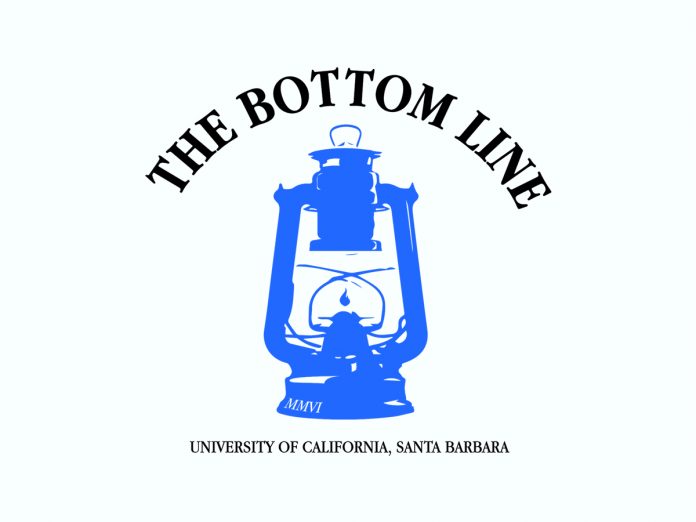Jacob Wong
National Beat Reporter
The UC Office of the President (UCOP) announced on Friday, Mar. 1 that it was implementing an interim framework to address cases involving sexual violence or sexual harassment (SVSH) within the UC system. UCOP applied the changes to Appendix E in its Policies Applying to Campus Activities, Organizations, and Services (PACAOS), which describes University policy for resolving reports of sexual violence and sexual harassment-related incidents.
Despite the framework’s ties to UCOP’s Title IX Office, the change is unrelated to the Trump Administration’s updated Title IX policy, proposed by Education Secretary Betsy DeVos.
The main policy change achieved through the interim framework has to do with the University’s appeals process. Procedures for reporting sexual misconduct, conducting an investigation of the charges, and presenting findings and sanctions remain mostly unchanged.
Under the new framework, both parties in a sexual misconduct case would have more opportunities to appeal the Student Conduct office’s decision in cases involving suspension or dismissal.
Previously, members of either party were allowed to request an appeal of their cases, with a chance at a live hearing. However, it was a conditional allowance — parties could only submit a request for an appeal if there was a procedural error in the case, the decision was unreasonable, new information was presented, or disciplinary sanctions were disproportionate to the findings.
According to a statement attributed to UCOP Title IX Coordinator Suzanne Taylor, some aspects of the original procedure remain unchanged under the interim framework — the investigation file, provided by the University’s Title IX investigator, will still be entered into evidence at the hearing, and an allowance for parties to be physically separated remains in place. Additionally, parties are not allowed to cross-examine each other directly or with a lawyer.
The interim policy comes in light of a California appellate court ruling from January 2019 which held that colleges and universities in the state must provide live hearings for all parties involved in cases where “a student accused of sexual misconduct faces severe disciplinary sanctions, and the credibility of witnesses is central to the adjudication of the allegation.”
Acknowledging that its current investigation procedures do not fulfill this new requirement, Taylor also announced that the University had already formed a “workgroup” to develop a more lasting approach to the hearing process.
In its announcement, the Office emphasized that it would seek a solution “that is fair, treats parties with respect and compassion, and results in just and reliable outcomes.” In the meantime, Appendix E will serve as a stopgap until a more permanent framework can be put in place.
The University made it clear that it had only set the interim framework as a response to the California appellate court’s decision, not the U.S. Department of Education’s proposed changes to its Title IX Regulations.
UCOP has openly voiced its concerns with the Department of Education’s rule changes in the past, citing the guidelines’ emphasis on live hearings over investigation and a narrower definition of what constitutes sexual harassment as its main objections.
For now, the university seems committed to following the appellate court’s ruling while still seeking out a process that sufficiently protects both parties involved.
“While the interim Appendix E is in place the workgroup will help develop a longer-term approach to a live hearing that is fair, treats parties with respect and compassion, and results in just and reliable outcomes,” stated Taylor.












Thanks , I’ve recently been looking for info approximately this topic for a long time and yours
is the greatest I have came upon so far. But, what about the
conclusion? Are you certain concerning the supply?
Comments are closed.